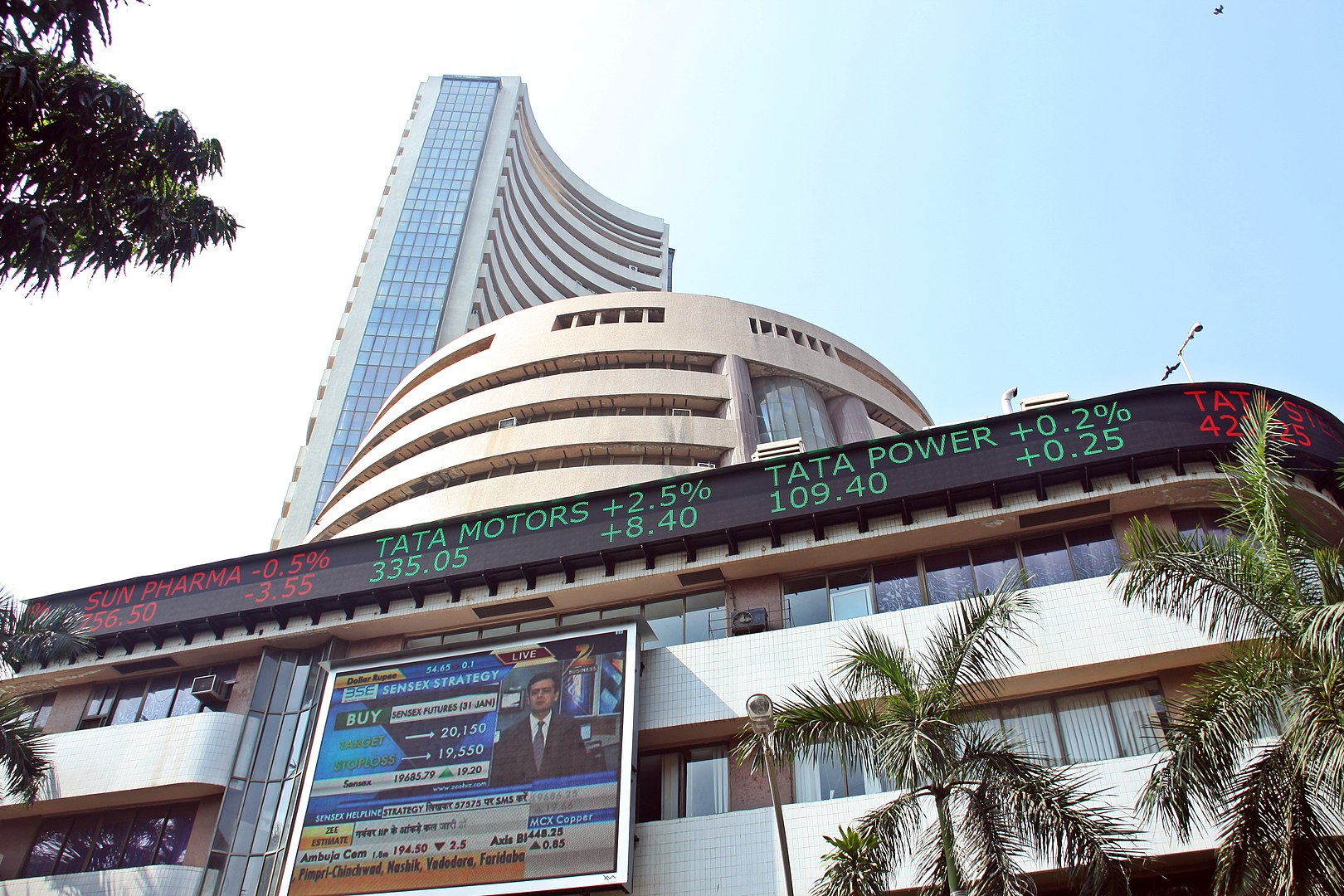 BBC News
BBC NewsBorrowing was £17.4bn last month, the second highest October figure since monthly records began in 1993.

Dinesh Dhamija
In a year of milestones for India – most populous country, fastest growing large economy – here comes another: the country’s National Stock Exchange (NSE) is poised to overtake Hong Kong’s bourse and become the world’s seventh-largest exchange. For market-watchers, this is dramatic news. Indian stocks have traditionally failed to ignite global interest after false dawns created anxiety among investors.
In 2023 those worries were replaced by sustained enthusiasm. The NSE virtually doubled its total market cap during the year to reach $3.7 trillion, while the fallout from China’s property market liquidity crunch hit Hong Kong’s Hang Seng Index. As one analyst put it: “Strong consumption in India is attracting investors, with increased spending on property, luxury and higher-end goods by affluent Indians, as well as growing government capital expenditure on infrastructure.” Fund managers have taken note, diverting asset allocation from China to India and banking on a smooth political continuation in 2024, since Narendra Modi appears very likely to be re-elected in April and May’s General Election.
The Nifty 50 Index – a weighted average of the largest listed Indian companies – reached a historic high in mid-December, having risen by more than 8 per cent in four weeks, while the Hang Seng fell by 6.7 per cent over the same period. “China continues to underperform, and there are relatively few alternatives for investors who are focused on emerging equities,” said a Mumbai-based analyst.
Brokers and fund managers report unprecedented interest from international investors, including many who “never bothered about investing in India,” according to Abhay Agarwal at Piper Serica Advisors. “For the first time, I’m seeing interest from very long-term investors, both strategic and financial, who are coming in taking a 10-year view rather than just a one-year view.”
There is a self-sustaining aspect to this growth, as ever more observers, writers, analysts and investors jump on the Indian bandwagon. Could it be yet another mirage, destined to evaporate in 2024? Cautious commentators note that the overall Indian economy – as distinct from its stock markets – remains plagued by high unemployment among the fast-rising youth population, that government debt levels are high, and that the SME sector is struggling.
As the Financial Times noted recently: “A sustained boom will require greater liberalisation from a government that had tended towards economic nationalism,” while state-backed companies and tariffs on foreign-made parts remains a drag on inward investment.
Dinesh Dhamija founded, built and sold online travel agency ebookers, before serving as a Member of the European Parliament. His latest book, The Indian Century, will be out soon.